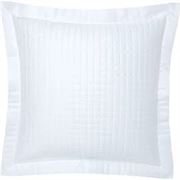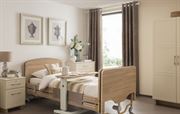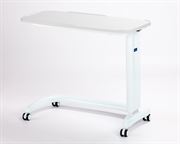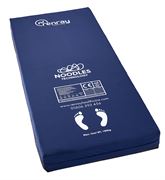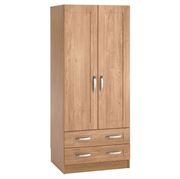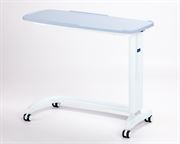In the healthcare sector, indeed in any sector that is conscious about hygiene, antimicrobial materials are essential. Unlike antibacterial surfaces, which only destroy or limit the growth of bacteria, these materials prevent the emergence of microorganisms. This means it can eliminate fungi and viruses as well as bacteria, thus offering a wider range of protection for anyone nearby.
As a result, antimicrobial materials have become highly useful in designing healthcare furniture products such as seating. But how much of a benefit is this to medical facilities like hospitals or care homes?
How does Antimicrobial Seating work?
First, let’s look at the basics: how do you design antimicrobial seating and how does it function?
Well, thankfully, there are a variety of fabrics, materials, and even coatings that are antimicrobial. This allows for extensive flexibility when choosing effective healthcare seating.
For instance, Renray’s flagship antimicrobial seating range, the Titan Antimicrobial Chair uses a patented silver-based antimicrobial additive which is clinically proven to kill >99.9% of bacteria including MRSA and E.Coli on contact. The additive runs to the chair’s core, constantly working throughout the entire chair protecting between cleans. Made from polypropylene, this range offers other extensive features such as:
-
A non-porous design, so dirt can’t embed itself.
-
An easy-clean surface, increasing efficiency and hygiene.
-
Strength and stability, usually with a stable base and high weight capacity.
Wooden chair frames are coated with an anti-bacterial lacquer that has been independently tested to prove it has a 99% kill rate of bacteria within a 24-hour window and goes on killing bacteria for the life span of the product.
Renray works with all the major upholstery and vinyl suppliers in the UK, allowing you to choose from a wide range of high-performance vinyl that has an inherent antimicrobial and antifungal protection. Most also have waterproof and stain-resistant properties making the upholstery easy to keep clean and work longer for you!
So, why is this important?
It goes without saying that the fewer bacteria and microorganisms on the surfaces in a healthcare facility, the better. But antimicrobial seating plays an essential part in a much bigger healthcare safety measure, known as infection control.
Infection control is the term used to define practices and standards put in place by medical facilities in order to try and limit infection spread. This obviously gives these materials significant importance and, in the age of COVID-19, makes antimicrobial seating useful in almost any setting, including waiting areas, wards, and communal spaces. Indeed, there’s potential for the Titan Range to Aid the Fight Against Coronavirus Significantly.
Antimicrobial Seating by Renray Healthcare
Whatever the healthcare furniture product, Renray has a proven track record in designing it. With over 50 years’ experience in supplying high-quality furniture items, we can provide your facility with antimicrobial seating and so much more! You can find more information from Our Brochures Here, or feel free to Contact Us for any help or advice.


